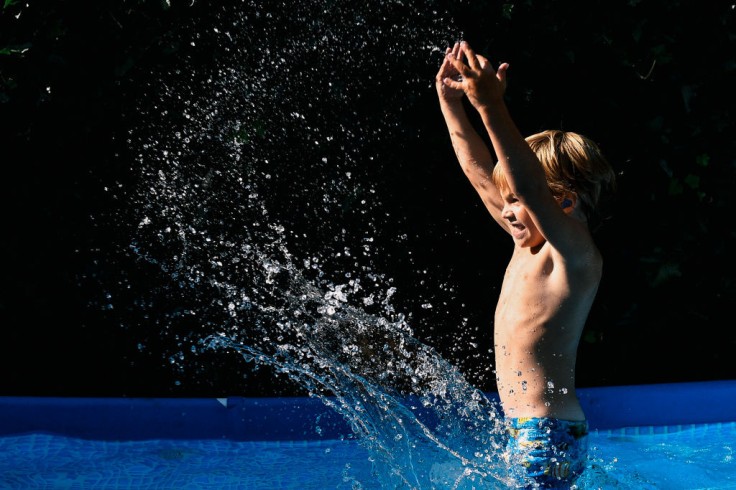
Parenting is often described as a journey, a series of steps taken with the sole intention of nurturing and ensuring the well-being of our young ones. However, in today's information-saturated era, it's easy to feel overwhelmed. Which practices are genuinely beneficial, and which ones might be overhyped?
Dr. Sami, a respected pediatrician, offers clarity on this very issue, steering the conversation towards practices that are non-negotiables for child safety. Let's delve into these critical parental priorities.
Importance of Non-Negotiables in Parenting
Every pediatrician will attest to the complexities of child-rearing. However, amid the deluge of advice, Dr. Sami brings forth the idea of non-negotiables. These are not just standard practices but are evidence-based strategies rooted in science and have a substantial positive impact on child safety.
These non-negotiables serve as the pillars on which other parental priorities can be built, ensuring a solid foundation for every child's well-being.
Top 5 Non-Negotiables for Child Safety
1. The Risks of Bed-Sharing
In some cultures, bed-sharing is a time-honored tradition, a practice that spans generations. However, as our understanding of child safety has evolved, the risks associated with bed-sharing have become clear.
Infants, Dr. Sami advises, are safest in spaces specifically designed for them. The Centers for Disease Control and Prevention corroborates this stance, revealing that approximately 3,500 sleep-related deaths occur among infants yearly. By eschewing bed-sharing, parents align with one of the paramount non-negotiables for child safety.
2. Car Seats and Restraints: Non-Negotiables for Travel Safety
Ask any pediatrician about travel safety, and they'll emphasize the critical role of car seats and restraints. In the U.S., motor vehicle crashes stand out as a leading cause of child fatalities. Dr. Sami underlines the necessity of using appropriate restraints based on a child's age, height, and weight. These aren't just parental priorities; they are life-saving measures, reducing the risk of severe injuries.
3. Vaccination: The Cornerstone of Preventative Health
Undoubtedly, one of the top non-negotiables emphasized by the pediatrician is vaccination. Dr. Sami passionately shares, "When it comes to science and immunology ... vaccines are the single most important discovery we've made."
@thepedipals Replying to @Tori Hardwick ♬ original sound - The PediPals (Pediatric Pals)
The CDC, a globally recognized body, aligns with this view, citing vaccination as the primary defense against 16 potentially harmful diseases. Every pediatrician's advice will mirror this sentiment, showcasing how crucial it is to have our children vaccinated as per recommended schedules. It's an act that transcends mere parental priorities-it's about community and global health.
4. Water Safety: An Ounce of Prevention
Drowning remains a tragic and leading cause of death for children aged 1 to 4 in the U.S. Dr. Sami's non-negotiable advice here is multifold: educate children about water safety, never leave them unsupervised near water, and ensure the use of life jackets around natural water bodies. Additionally, for home swimming pools, the installation of fences and locking gates becomes one of the primary parental priorities.
5. Helmets: Essential for Young Adventurers
Children, by nature, are explorers. Whether they're cycling in the neighborhood or trying out a new skateboard, their safety should never be compromised. Given that kids have disproportionally large heads, they're more susceptible to head injuries than adults.
Helmets, as endorsed by every pediatrician, become non-negotiables for adventurous activities. The CDC even points out that while no helmet guarantees complete concussion protection, wearing one can significantly reduce the risk of severe head or brain injuries.
In conclusion, Dr. Sami's emphasis on these non-negotiables offers a refreshing perspective on child safety.
While societal pressures and a barrage of information can muddle parental priorities, focusing on these established, pediatrician-recommended practices ensures that children grow up in a secure and nurturing environment.
It's about time we shift our focus, giving precedence to what truly matters in the realm of child safety.